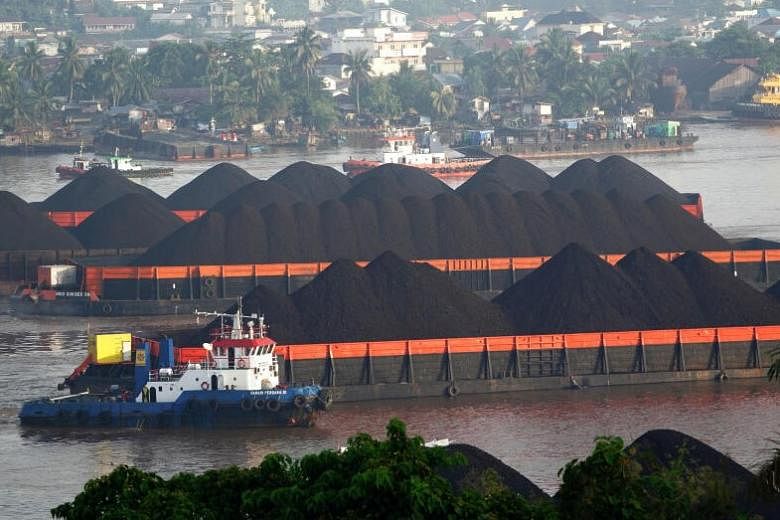It is regarded as the Bible of its profession: The World Energy Outlook published every year by the International Energy Agency (IEA) is read avidly by the bosses of energy companies around the world and by heads of state.
This year's edition, published on the eve of the World Climate Conference in Glasgow, is being read even more closely, because its statistics on production and consumption scenarios for the energy sector affect decision-makers worldwide and provide pointers on how the world is tackling climate change.
Already a subscriber? Log in
Read the full story and more at $9.90/month
Get exclusive reports and insights with more than 500 subscriber-only articles every month
ST One Digital
$9.90/month
No contract
ST app access on 1 mobile device
Unlock these benefits
All subscriber-only content on ST app and straitstimes.com
Easy access any time via ST app on 1 mobile device
E-paper with 2-week archive so you won't miss out on content that matters to you


